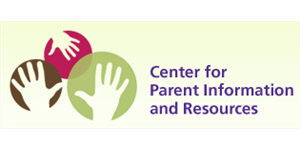Center for Parent Information and Resources
Here's what's in this section:Explore resources that offer comprehensive information on how a child's growth and development are influenced by a spinal cord injury. Gain valuable insights into developmental milestones and their impact on the child's overall well-being. Discover essential adaptations and accommodations necessary to support learning within the school environment. Access resources aimed at facilitating social and emotional development, fostering self-confidence, nurturing friendships, and promoting ongoing independence. Facilitating a child's recovery from a spinal cord injury often necessitates a new approach to communication. Find resources offering guidance on discussing spinal cord injuries with children and teenagers, finding therapists to assist in building positive self-esteem, managing traumatic stress, and addressing PTSD. Additionally, resources provide valuable information on interacting and communicating with extended family, friends, and teachers about spinal cord injuries. Learn how to collaborate with healthcare professionals and educators to develop an Individualized Education Plan (IEP), ensuring that learning needs are met at every educational stage, from preschool to college. Section 504 of the Rehabilitation Act of 1973 mandates the education of students with disabilities alongside their non-disabled peers to the greatest extent possible, with the Americans with Disabilities Act (ADA) also applying to children.
|
